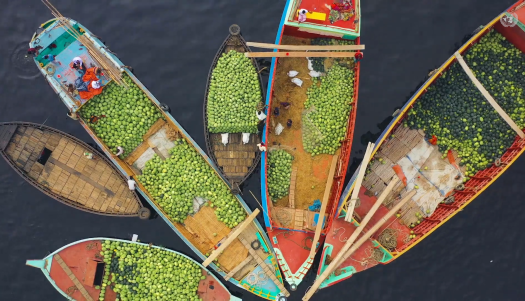UN DESA | Development Policy and Analysis DivisonIn the context of the COP22 in Marrakesh, DPAD organized a side event to present the World Economic and Social Survey 2016: Building Climate Resilience, an Opportunity for Reducing Inequalities. The event was well attended by a diverse group of people from government delegations, civil society and the private sector. Three panelists, Diana Alarcon (DESA) Chief of Development Strategy and Policy Analysis (DESA), Amparo Martinez, Director of the National Institute for Climate Change (Mexico) and Paula Caballero, Global Director for the Climate Program in the World Resources Institute (USA) discussed the main message of the Survey: climate hazards have a disproportionate impact on people and communities afflicted by poverty and long entrenched inequalities in the access to assets and opportunities; governments, through their global and national actions play an important role to play in reducing risk and building resilience by closing long standing development gaps and by strengthening the capacity of people to shocks.
Amparo Martinez provided illustrations of the way socio-economic vulnerability and climate change risks coincide in the mapping of 2,500 municipalities in Mexico and highlighted the policy challenges of building the resilience of people and communities. Paula Caballero elaborated on the importance of building the nexus between climate change risks and the human development agenda as part of the global challenge involved in the implementation of the global agenda for sustainable development. Interventions from participants in the panel discussion spoke to the relevance and timely messages of the Survey and the need to strengthen the international mechanisms to meet the global commitments towards the provision of sufficient financial resources, technology and capacity building for climate resilient development. These issues are at the core of the 2030 Agenda and the international commitments made by world leaders in 2015.
 Welcome to the United Nations
Welcome to the United Nations
